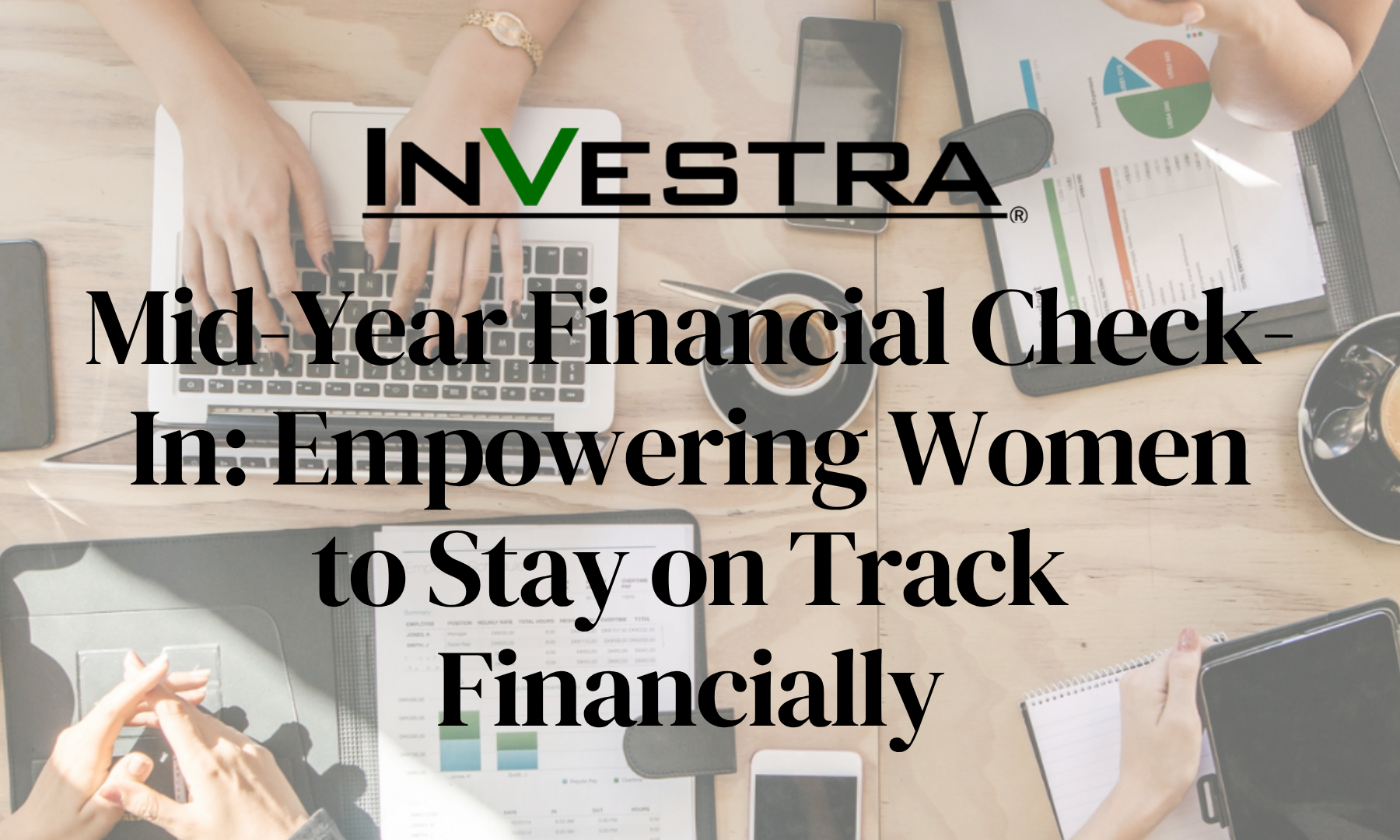The following piece contains compelling information about the importance of having an awareness of anything that may deter investors from potentially lucrative portfolios.
In the past year, women-led companies only received 2% of all venture capital funding, a figure considered the lowest percentage in more than five years, according to the publication The Philadelphia Citizen. This figure does not necessarily reflect the potential success of female-owned businesses, but possibly more of a reluctance for investors or funds to green-light these projects. The reasons could include tradition, fear, or even institutional biases that venture capitalists may not even be aware of. But by declining a proposal based purely on the gender of the ownership or leadership team, investors may be missing out on potentially lucrative business opportunities.
Reasons to Invest in Female-Led and Women-Owned Companies
- Over a 10-year period, female-led companies performed 63% better than male-led companies.
- Businesses founded by women bring in twice as much revenue as businesses founded by males.
- Companies led by women or gender-diverse teams are 21% more likely to bring in more profits than companies led by all-male teams.
- Increasing female leadership from 0 to 30% is linked to a 15% increase in profitability.
Women-led companies also tend to earn more and have a higher chance of profitability than businesses led exclusively by males. These companies can help improve local communities by creating more opportunities for growth and investment. Countries where companies have high ESG standards often see an uptick in the overall gross domestic product (GDP).

How to Get Started
Start however you can when encouraging and supporting women-led organizations. One way to do this could be by looking for public companies founded by or led by women and tracking their performance, including stock activity. As an alternative to handpicking individual companies to invest in, consider investing in an Exchange Traded Fund (ETF) that focuses on female-owned companies, which would allow you to manage some risk by investing in multiple companies at once. ETFs often track certain indices, and they work similarly to mutual funds – a good option for those who would rather invest without investing lots of time in doing research. Another option could be to explore local investments, which could even allow you to earn a percentage of profits annually based on your share of ownership. Whichever route you choose, be sure to consult with a wealth management professional who can help you identify the best options for your individual needs.
Sources:
1 Investing in Women, The Philadelphia Citizen, https://thephiladelphiacitizen.org/xx-edge-philly-reading/
2How to Invest in Women Led Companies, Public.com, https://public.com/learn/how-to-invest-in-women-led-companies
Important Disclosures
The opinions voiced in this material are for general information only and are not intended to provide specific advice or recommendations for any individual security. To determine which investment(s) may be appropriate for you, consult your financial professional prior to investing. Investing involves risks including possible loss of principal. No investment strategy or risk management technique can guarantee return or eliminate risk in all market environments. All indexes are unmanaged and cannot be invested into directly. This article was prepared by InVestra Financial Services for the use of InVestra Financial Services. Socially Responsible Investing (SRI) / Environmental Social Governance (ESG) investing has certain risks based on the fact that the criteria excludes securities of certain issuers for non-financial reasons and, therefore, investors may forgo some market opportunities and the universe of investments available will be smaller. An investment in Exchange Traded Funds (ETF), structured as a mutual fund or unit investment trust, involves the risk of losing money and should be considered as part of an overall program, not a complete investment program. An investment in ETFs involves additional risks such as not being diversified, price volatility, competitive industry pressure, international political and economic developments, possible trading halts, and index tracking errors. There is no guarantee that a diversified portfolio will enhance overall returns or outperform a non-diversified portfolio. Diversification does not protect against market risk. All information is believed to be from reliable sources; however LPL Financial makes no representation as to its completeness or accuracy.
LPL Tracking # | 451413-1






